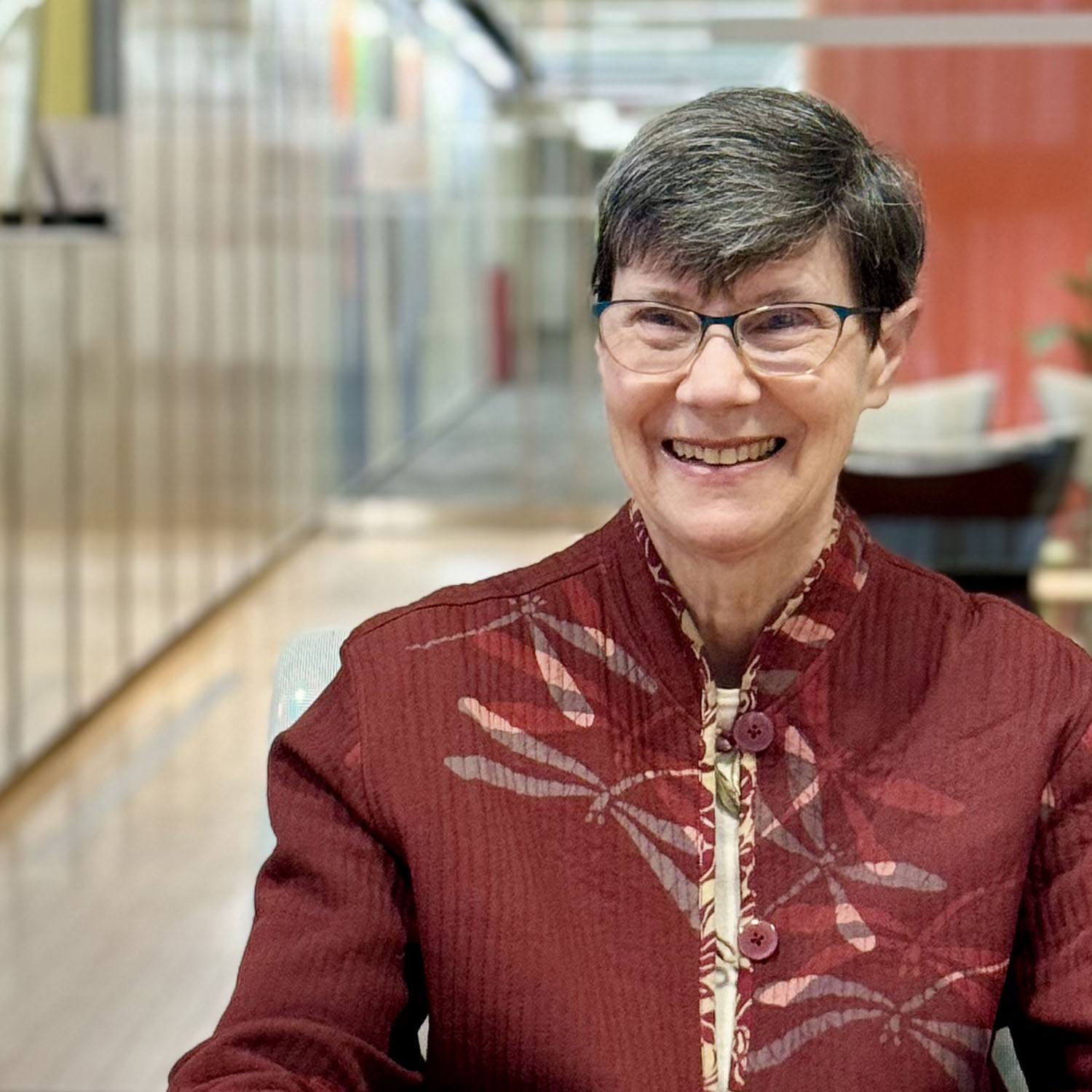Navigating Challenging Times With Scientifically Sound Resources
Director’s Page
Helene M. Langevin, M.D.
March 19, 2020
The disruption to daily life brought on by the COVID-19 pandemic is being felt all around the globe. As we navigate the challenges of today and of the days ahead, I hope you’ll use the resources developed by the CDC and NIH to help you, your loved ones, and your community manage these challenges and stay healthy.
- Protect yourself—The CDC has shared critically important resources to help you understand how the virus spreads, how to reduce your risk of exposure, and what to do if you or someone in your household feels sick.
- Protect your community—To slow the spread of coronavirus, social distancing measures, including adopting CDC’s guidance to cancel all U.S. events of 10 or more people, are vital to efforts to reduce the rate of illness in your community and reduce the burden on hospitals and health care professionals. The CDC has also offered specific information for travelers and those managing or working in other community locations.
- Support your well-being during stressful times—The stress and anxiety of uncertainty and the isolation that can come with social distancing measures can impact your mental and physical health. Check out NCCIH’s resources on approaches that can help you manage stress and promote your own well-being and resilience during this difficult time. Read what our research says about meditation and mindfulness-based stress reduction, as well as mind and body approaches like yoga, tai chi, and qi gong. Stress can exacerbate sleep disorders, which can further compromise our health. Before considering your options, read what the research says about the safety and efficacy of complementary approaches for sleep. And don’t underestimate the power of a simple phone call or video call. Even if done virtually, connecting with one another during stressful times offers a vital avenue for breaking down feelings of isolation.
- Be wary of misinformation—As always, “natural” does not mean “safe” or “effective.” There are no complementary products that have been proven effective in preventing or treating COVID-19. Be wary of people seeking to take advantage of public anxiety by selling products using unsubstantiated health claims.
For NIH grantees and applicants, we know COVID-19 is impacting the biomedical research enterprise, and we want to assure our grantee community that NIH will be doing its part to help you continue your research. To stay up to date on the latest, visit NIH’s COVID-19 guidance for grantees and applicants and follow the NIH’s Deputy Director for Extramural Research, Dr. Michael Lauer, via his blog Open Mike.
I hope you will put these many resources to work for you, your family, your colleagues, and your community. In these trying times, our deepest strength lies in a unified response guided by trusted, science-based information.
